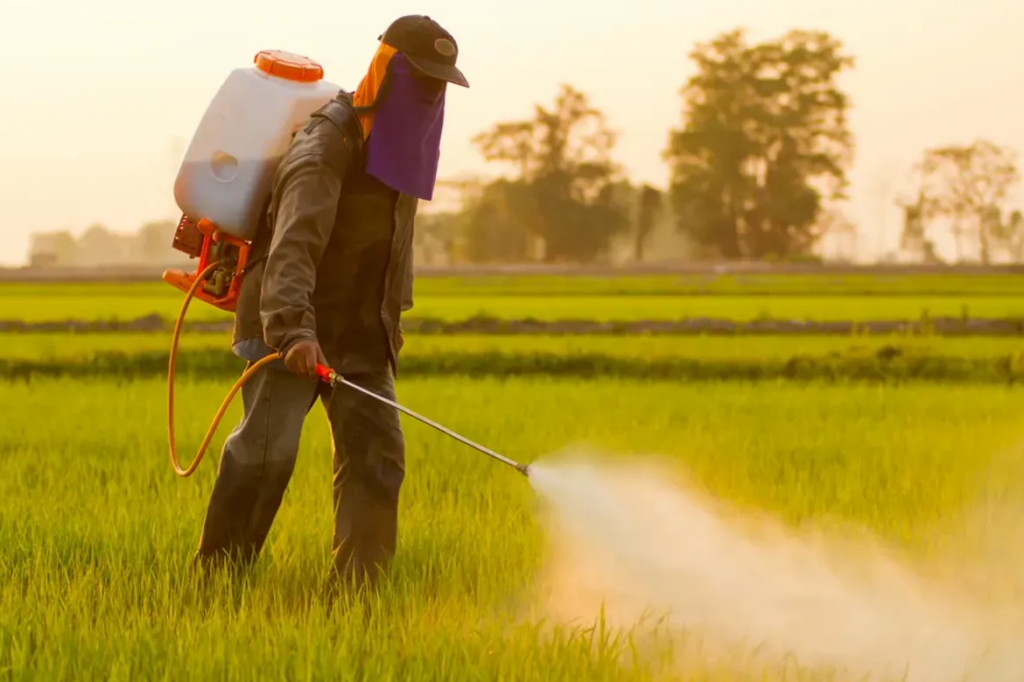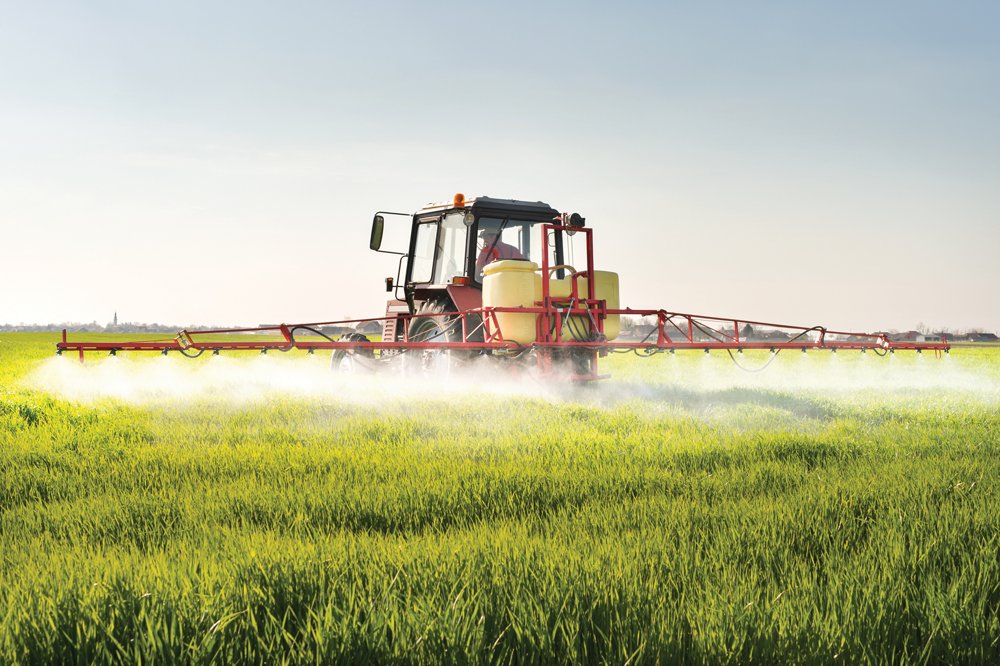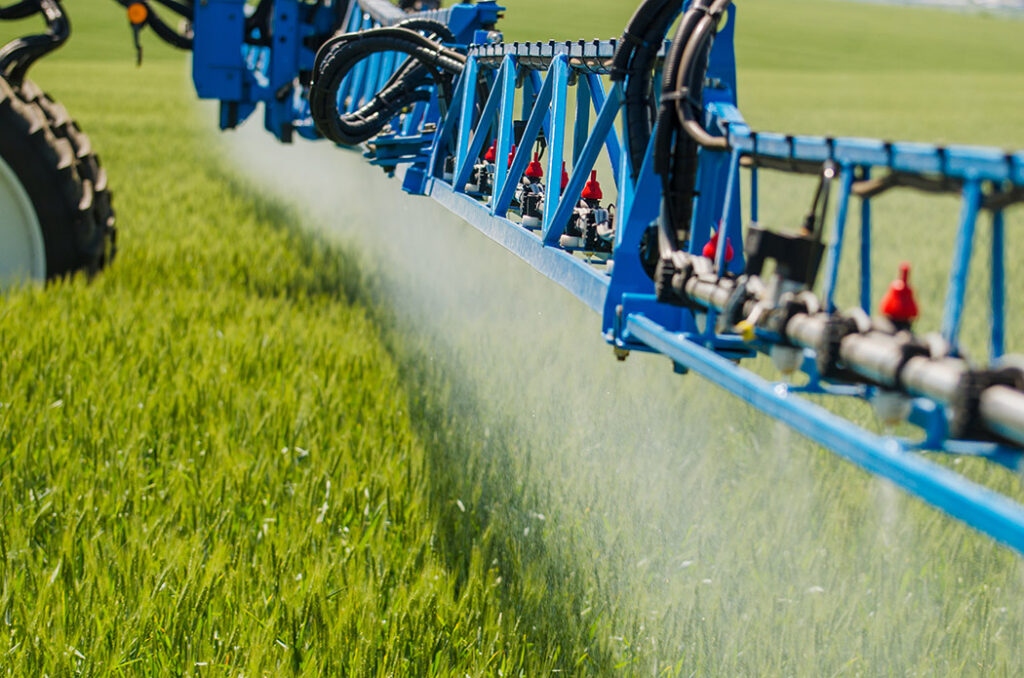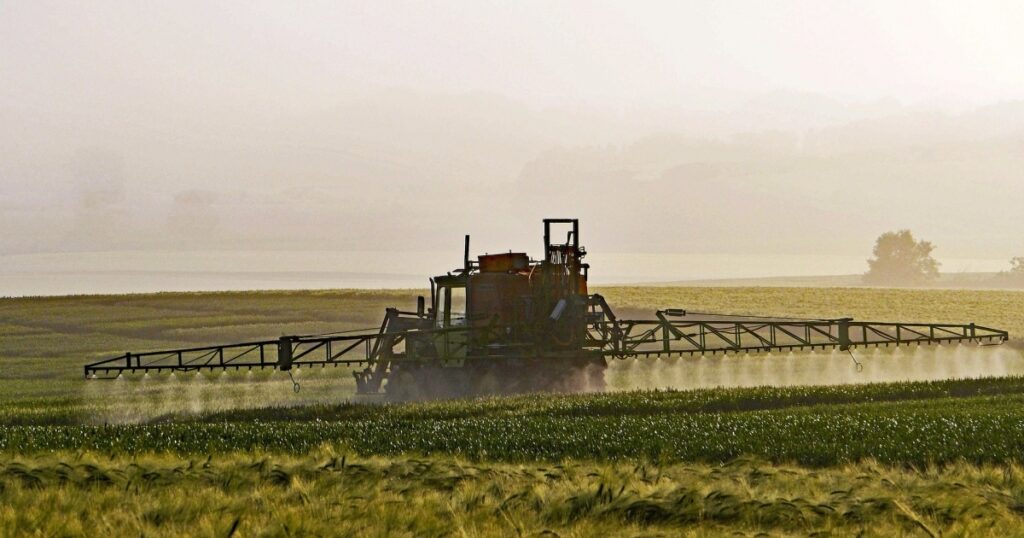While many people would argue, wrongfully, that pesticides are bad, in today’s date and time, it’s hard to do agriculture without them. No, it’s not hard – it’s impossible. Tom Cruise type of Mission Impossible. Weeds, insects, and plant diseases have come a long way, and are more harmful to our crops than ever. That’s why proper treatment is more than needed if you want to be successful in this field. But, if you don’t know what and how you do it, there’s not much point in applying any products to your crops.
Luckily, you have us, and we’re more than ready to share our knowledge on the subject with you. In this article, we’re going to describe the six tips for effective agricultural spraying. So if you’re prepared to go out on the field and help your plants grow and be safe, you’ve come to the right place first. All of us want to have a good harvest each year, and with a proper approach to pesticide and pest infestation, you can come close to this goal. So, forget the Interstellar grim future in Matthew McConaughey’s popular flick, and see what you can do for yourself today, through our fine advice.
1. Follow The Weather, Avoid Drift

When it comes to pouring pesticides on your field, you need to be careful. It’s vital that you need what you’re doing and do it with care. Getting your chemicals all over the place and where they shouldn’t be is a serious issue. In some cases, it can even be a legal one. Your crops matter but so do the surrounding animals, environment, and other plants that don’t need the treatment. So, what you need to do before every spraying is to carefully plan everything. The approach doesn’t matter. Whether is from the air or you use the ground approach, all you need to have is extra care. Before you go out ready to spray, check out the weather condition, humidity, and temperature. All these factors are vital because they help you to do a good job, and save you both time and money. Preventing your chemicals from drifting away from your crops is essential both for them and for their surroundings. To ensure you always do the best job, sometimes is important to have the right equipment and Trans Tank International could help you in attaining it.
2. Read The Label
This is the advice you’ll hear from everyone and anyone. But, we can’t stress enough how important is to read the label. Don’t be like the human centipede in South Park. It doesn’t read! Not all crops require the same treatment, and if you want to handle the matters the right way you’ll pay attention to which plants require which pesticides. Also, the important thing is how you’ll spray the content on the crops. Some plants want to receive their fill from the top, others love from the bottom, and some need it from the side. So, certain plants have certain products intended for them. To apply them the right way you’ll need to read the label and the manual with care. Manufacturers of these products want to aim for 100% success, and this is only attainable if products are used the right way. Their instructions serve this purpose, and you’re better off reading and applying like they’re intended to.
3. Use Larger Droplets

This can make a whole difference in the world. If you’re living in a warmer climate, this needs special attention. If the droplet size is small it will evaporate quickly, which makes it hard for the product to work properly. Also, smaller droplets are easier moved by air, and in bad weather, drift can ensue. This is why it’s recommended, if it’s possible, to use bigger droplets. This is pure logic, and we’re sure you understand the reasoning behind it. There are a lot of smaller details that lead to quality spraying.
4. Get to Know The Pest
Know your enemy is an old saying, and it can be applied on the field of corn the same way it could have been used by Napoleon in the battle of Austerlitz. If you want to spray to have the maximum effect, you need to know a thing or two about the vermin you want to exterminate. The best thing to do is to pay attention to its main traits. What you need to know is their basic abilities such as how they move, by flying or does it stroll on the ground. Things like these make the whole difference. You also need to know their eating and sleeping habits. Sometimes pests are best killed when they’re asleep. Others are better being taken out while they move and eat. This is why you need to learn about them too. It will payout in the end.
5. Take Good Care of Your Equipment

Here we could put in another war metaphor. We won’t, but if you see exterminating pests and weed as war, you need to have your weapons cleaned and ready for use at any time. Once the products are prepared and used, spraying is done, and you can put away your equipment. But spraying is not a one-time activity. This is why it’s vital to clean your equipment and maintain it in high working conditions. Sprayers, regardless of their size need to be cleaned right after usage. These machines are not easy to break down, but they can suffer from clogging, reduced abilities to spray, and reduced efficiency in general. If you do proper maintenance on your machines frequently and with care, you guarantee present and future success to your spraying sessions.
6. Do It Slowly
If you own many acres of land under corps, having it all sprayed could become a heavy task. But, no matter how much work awaits you it is never wise to speed up the spraying process. For the future of your plants, it is vital to spread the products equally on all parts of the field. This can be achieved only if you’re doing things tidy and slowly. No rush needs to e involved in the process of spraying which thrives if things are done with measure and patience.







